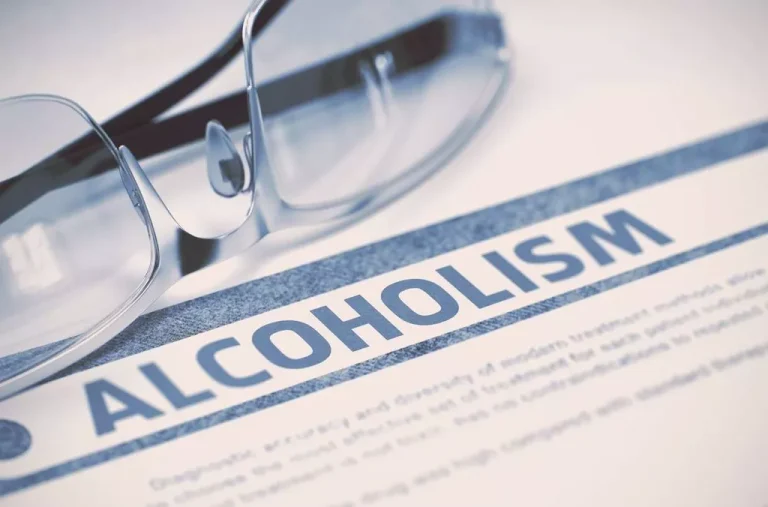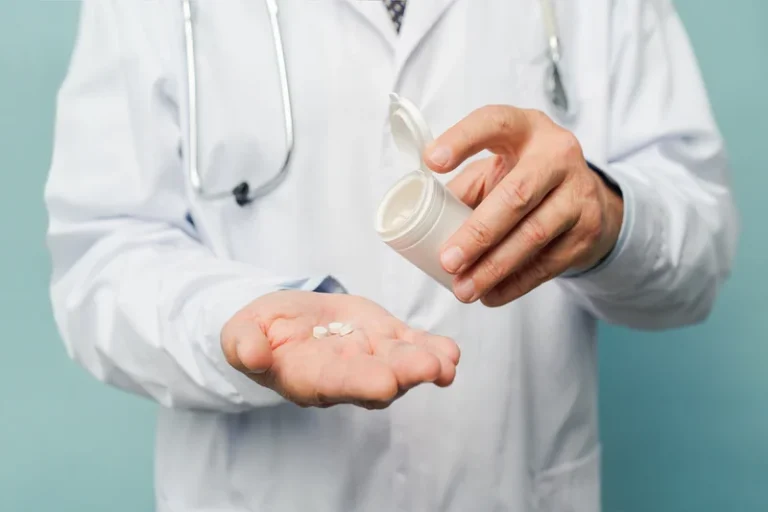
When you stop consuming alcohol after prolonged, heavy use, your CNS can’t respond or regulate itself fast enough. It becomes overexcited because there’s no more alcohol to slow it down. While alcohol is high in calories, and wine, beer, and mixed drinks add sugar to one’s diet, cutting it out may or may not help you lose weight depending on how much alcohol you consume regularly.
What conditions can excessive alcohol consumption cause?
Now, try to keep in mind that even though withdrawal symptoms may be unpleasant, they’re temporary, and treatment is available during this time. If you’re experiencing alcohol withdrawal, your body might be going through an array of uncomfortable physical and mental changes. When you engage in chronic heavy drinking, your brain adapts to the presence of alcohol in your blood to maintain homeostasis (a balanced state).
Alcohol use disorder
- If you decide to get treatment, your doctor can recommend the type of care that you need.
- But once you fall into slumber, it can wake you up repeatedly in the night.
- After you drink alcohol, Volpicelli explains that the small molecules inside it get absorbed by your gut.
- Like other symptoms, the impact on mood depends on the amount and duration of your alcohol use.
- Keep in mind the reasons you chose to cut back on or quit alcohol.
- Experiencing repeated legal problems on account of your drinking.
It is worth mentioning that nutritional status improvement occurs when someone strop drinking, which is one big reason why people may see many of the above improvements with sobriety. “Furthermore, consistent use of alcohol to induce sleep only increases the need to use alcohol in the future to get to sleep,” he explains. You may also begin to notice a number of improvements in your physical health.
What Is It Like to Stop Drinking for Dry January? 3 Women Open Up About Their Experiences

Sunnyside uses a psychology-based approach to help you drink more mindfully, no matter what your goal is. You’ll get a 100% custom plan, then daily texts to track your progress and help you stay on target. You’ll get a 100% custom plan, then use daily texts to track your progress and help you stay on target. The main management for severe symptoms is long-acting benzodiazepines — typically IV diazepam or IV lorazepam.

- BetterHelp is an online therapy service that matches you to licensed, accredited therapists who can help with depression, anxiety, relationships, and more.
- For example, you recognize that your alcohol use is damaging your marriage, making your depression worse, or causing health problems, but you continue to drink anyway.
- These chemical changes affect how your nerve cells talk to each other.
Other times, it gradually creeps up on you as your tolerance to alcohol increases. If you’re a binge drinker or you drink every day, the risks of developing alcoholism are greater. The symptoms most commonly begin between 6 to 24 hours after your last drink. Still, some symptoms — often more severe — can set in after 2 to 3 days. The symptoms of alcohol withdrawal delirium include withdrawal seizures that can occur between 8 and 28 hours after your last drink. Signs of an impending seizure include tremors, increased blood pressure, overactive reflexes, and high temperature and pulse.
What Happens to Your Body When You Quit Alcohol for a Month?
- The digestive tract heals quickly after someone cuts out alcohol, according to Debbie Petitpain, MBA, RDN, a registered dietitian based in Charleston.
- Here are suggestions for how to get through alcohol withdrawal at home.
- There are also certain foods like tea, fish and nuts that can benefit the liver’s function in many ways.
They’ll let you know what to expect and how to recover safely. But you’ll need to be honest about how much you drink and how often. Within just a month of not drinking, your body can begin to reap the benefits.
Your Risk of Certain Diseases Will Decrease
But some people might think they can’t quit alcohol because they’re used to drinking too much or for too long. In reality, it’s never too late https://ecosoberhouse.com/ for you to stop drinking alcohol and recover from its harms. Behavioral treatment programs are helpful for people who want to quit drinking.

Alcohol makes it harder for your body’s immune system to make enough white blood cells to fight off germs and bacteria. People who have been drinking a lot of alcohol for a long time tend to get frequent infections like pneumonia and tuberculosis because their immune system has been worn down. There are many support options what happens when you stop drinking alcohol available that can help guide you through alcohol withdrawal, as well as abstaining from alcohol after withdrawal. People who drink daily or almost every day should not be left alone for the first few days after stopping alcohol. Withdrawal symptoms can quickly go from a bad hangover to a serious medical situation.